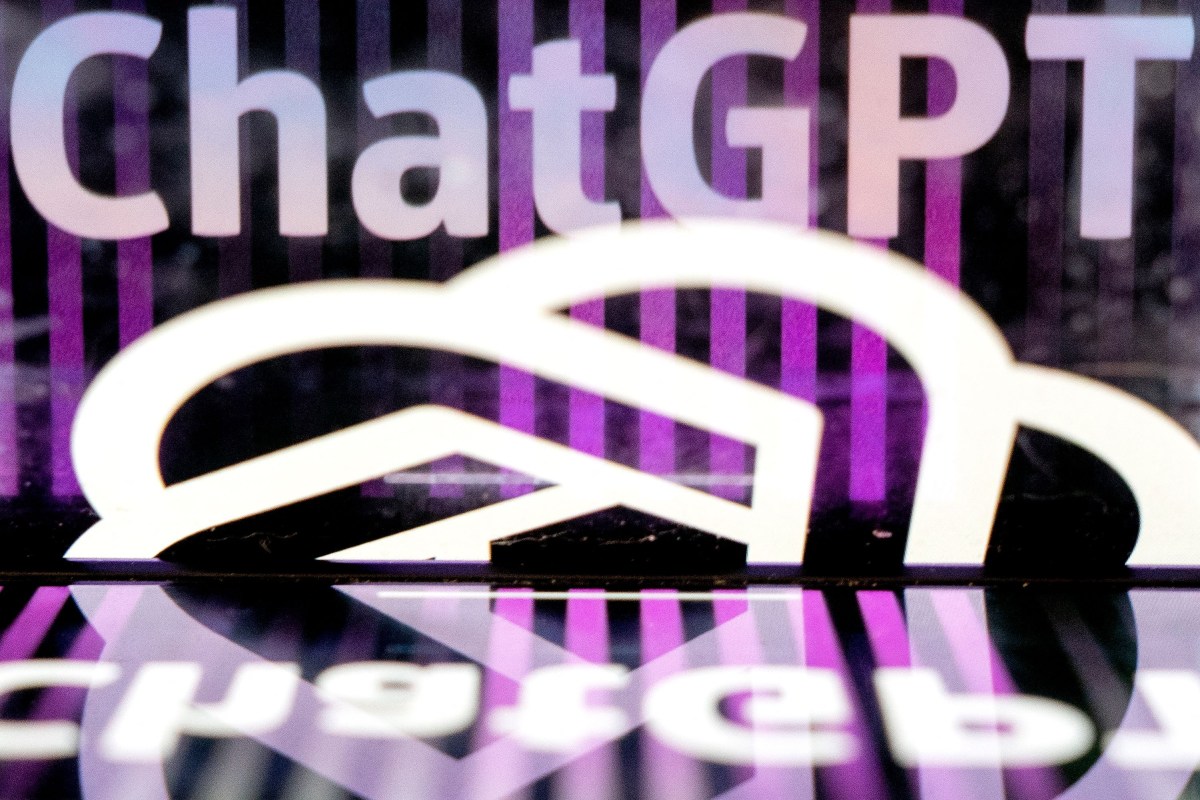Welcome to Startups Weekly
— your weekly recap of everything you can’t miss from the world of startups.
Sign up
here
to get it in your inbox every Friday.
I haven’t been doing much coding lately, but I’ve been working with a small group of Arduinos (apparently, the plural for Arduino is a “murder” like for crows). My C programming skills are a bit rusty, and ChatGPT has been surprisingly helpful in coding and debugging. Being able to input a chunk of code along with the error message from the compiler for the robots to tell me not to code and how to fix my beginner mistakes has been quite refreshing.
The influx of next-generation startups suggests that AI is expanding its reach far and wide in various industries.
It’s astonishing how early we are in the AI journey. The current AI technology can be likened to a toddler, and the mediocre reviews some generative AI software receives is akin to judging a fish by its climbing ability on a tree.
“I’m surprised no one has parodied reviewing a three-month-old baby, saying all it does is soil its diaper and can’t construct complete sentences,” mentioned Steve Blank in an interview with TechCrunch last year. “Copilot has revolutionized the life of every programmer. It has potentially increased productivity by 50% even with subpar use.”
I am excited to see where this all leads.
On that note . . .
It’s all about AI, all the time
Image Credits: Jaap Arriens/NurPhoto / Getty Images
FlowGPT embodies the digital Wild West, a realm where rules are mere suggestions and safety precautions are just hurdles to leap over to get to the exciting stuff. Founded by a pair who believed the world needed a marketplace for AI applications ranging from mildly useful to potentially malicious, FlowGPT is a playground for those who think, “Yes, I want an app that narrates horror stories like I’m a terrified movie character, but also teaches me how to code malware.” Investors have poured $10 million into the venture, showcasing how ethics can be as flexible as funding in the tech realm.
Inkitt saw the decline in reading habits globally and decided to take on the challenge. With ambitions to become the Disney of the 21st century, they are investing $37 million in using AI to curate self-published stories on their platform, choosing those with potential and transforming them into bestsellers.
AI will build your website: 10Web from Armenia aims to revolutionize website creation by taming the complexities of WordPress.
AI will read your news for you: Particle.news, founded by ex-Twitter engineers, offers a unique approach to news consumption by providing a “multi-perspective” reading experience.
AI will code for you: StarCoder 2, with up to 15 billion parameters, trained on 67.5 terabytes of data, supports approximately 619 programming languages.
Most interesting fundraises this week

Image Credits: Liia Galimzianova (opens in a new window) / Getty Images
Fervo Energy is leading the geothermal sector’s advancement with a $221 million raise, utilizing directional drilling to tap into Earth’s heat. Initia is entering the blockchain arena with a mission to simplify blockchain development, aiming to bridge multichain networks and app-specific blockchains.
Money for photos: Photoroom, a Paris-based AI photo-editing app, secured $43 million at a $500 million valuation.
Money for money: Embat closed a $16 million Series A funding round, focusing on modernizing finance team operations.
Money for AI: Mistral AI introduced Mistral Large, a large language model to compete with industry giants like OpenAI’s GPT-4, along with a partnership and investment from Microsoft.
This week’s big trend: What goes up must come down

Image Credits: Bohdan Skrypnyk / Getty Images
VC investors are now supporting startups that specialize in assisting other startups with their closure processes, given the high failure rate in the startup ecosystem. Companies like Sunset and SimpleClosure are offering streamlined solutions for companies to wind down efficiently, covering legal and financial logistics, asset disposal, and capital return.
Google mishap: Google faced criticism as Gemini showed the Founding Fathers as a multicultural group, including people of color, challenging historical accuracy in AI-generated content.
Apple’s self-driving car project halted: Apple’s autonomous electric car project is being shelved, with a significant number of employees from the team being let go.
New leadership at Byju’s: Byju Raveendran assured employees that he remains the CEO of Byju’s after rumors of his removal were circulated.
Other TechCrunch stories you shouldn’t miss
Every week, there are fascinating stories that don’t fit neatly into the main categories. Here’s a mix of intriguing snippets from this week:
Car sale struggles: Toyota’s deal on the 2023 Mirai Limited showcases the challenges faced by the automotive industry in promoting fuel-cell vehicles.
Troubles at Bumble: Bumble, a once dominant player in online dating, is grappling with losses and layoffs.
Gmail is here to stay: Contrary to an online hoax, Google has no plans to discontinue Gmail.
Apple’s AI push: Tim Cook pledges to make strides in GenAI development at Apple this year.
Stripe’s valuation soars: Payments giant Stripe secures investor deals valuing the company at $65 billion.


